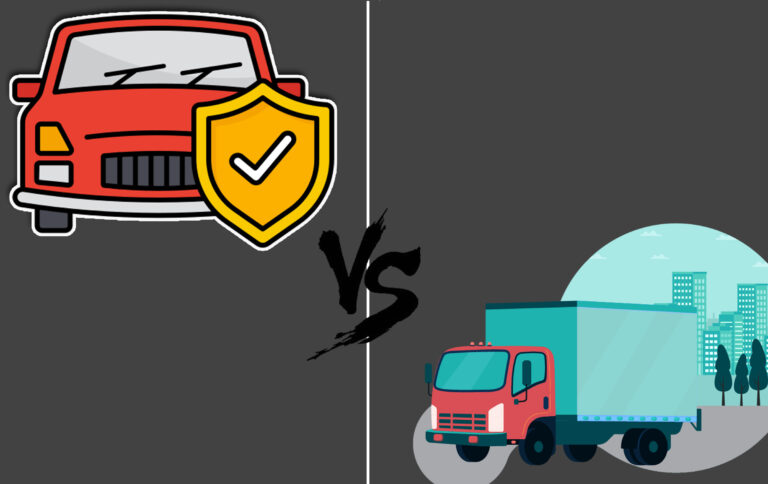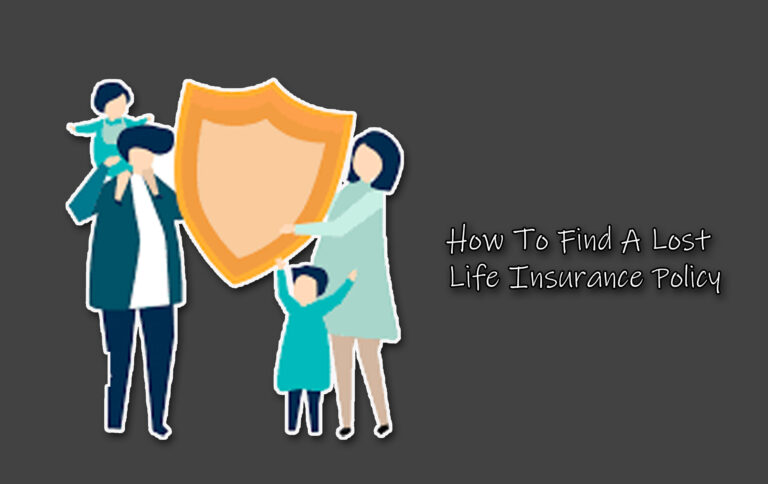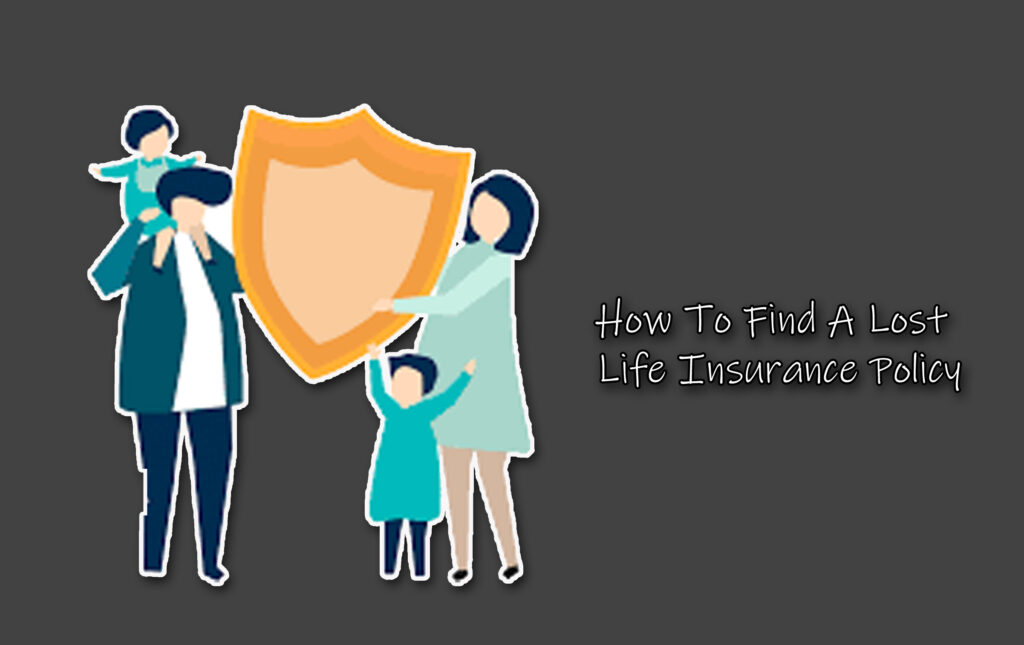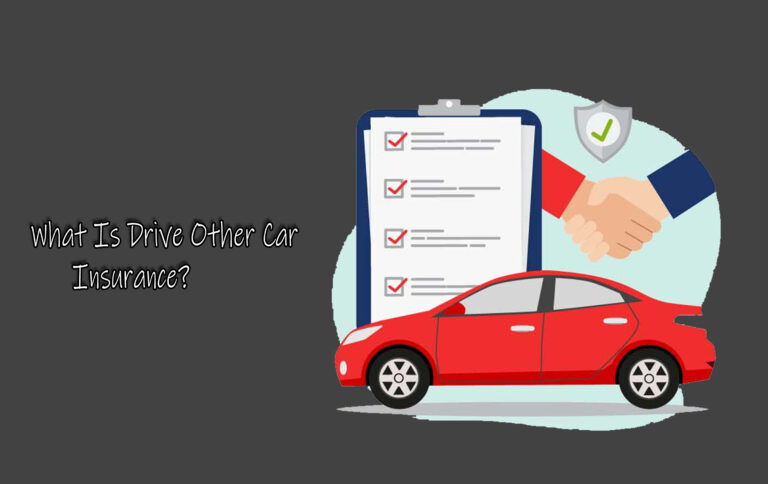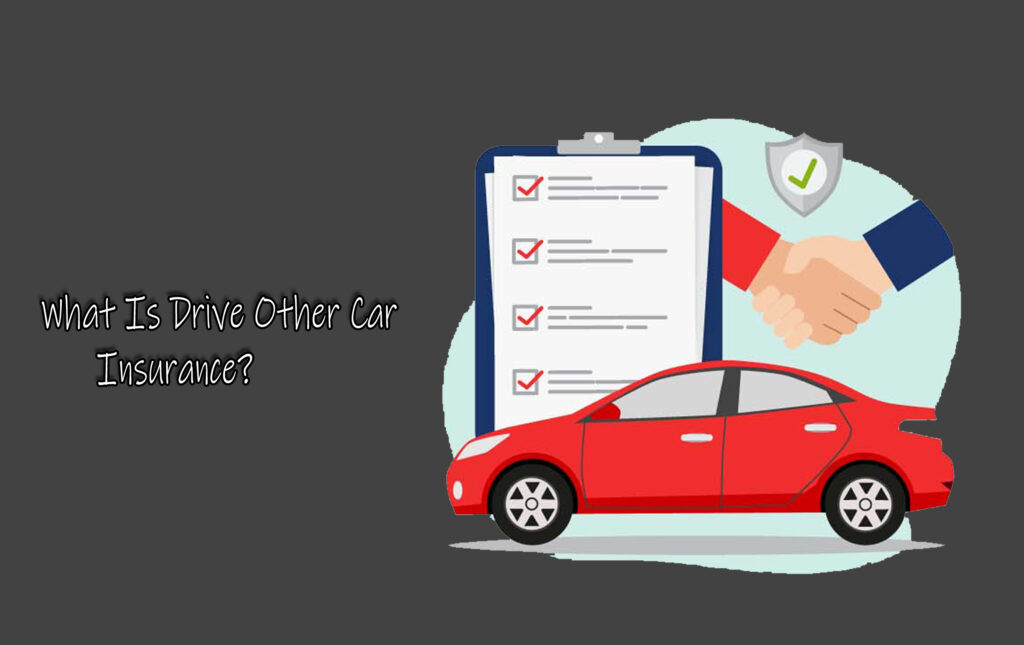Truck vs. Car Insurance: What’s the Difference? Whether you want to purchase your first vehicle or to simply update your insurance policy, it’s important to understand how insurance works for different types of vehicles, especially when comparing trucks and cars.
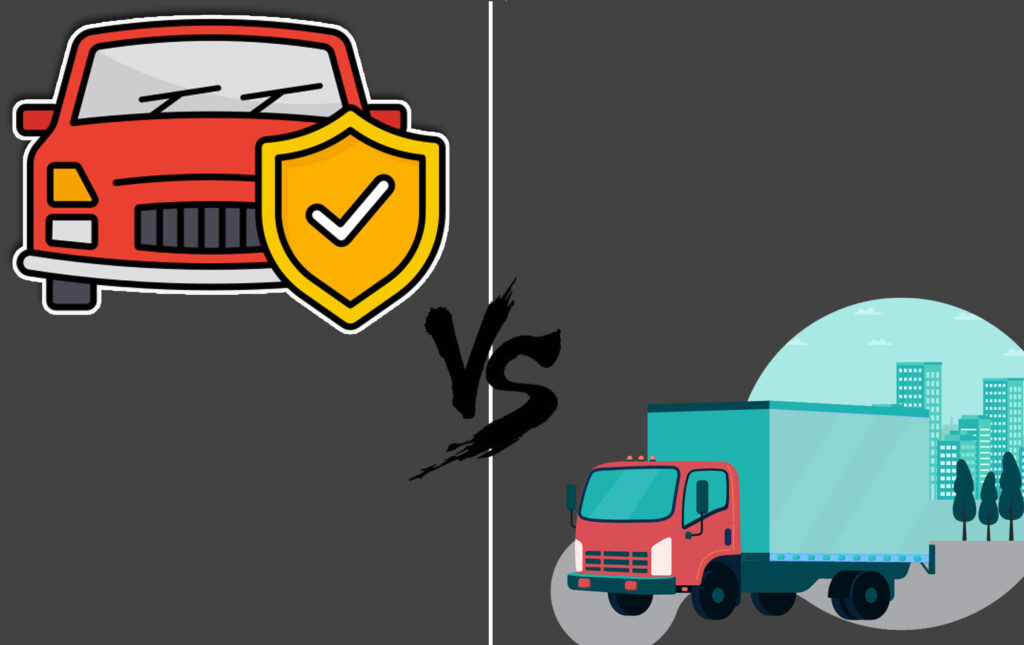
Now, while both types of vehicles require coverage like the basic liability and offer similar types of add-ons like comprehensive and collision insurance, the costs, coverage needs, and risk assessments between trucks and cars are known to differ.
What’s more, these differences can influence everything from your premium rates to your eligibility for certain discounts.
How Vehicle Type and Usage Affects Your Policy
One of the most significant differences between truck and car insurance lies in how the vehicle is designed and used. Cars are generally used for tasks like commuting, running errands, or leisure travel.
Trucks, on the other hand, especially pickup trucks, might serve 2 purposes. They can be personal vehicles or used for commercial or heavy-duty purposes, such as towing, transporting tools, or hauling goods.
Here are the implications for insurance:
- Commercial use of a truck usually requires a commercial insurance policy, which comes with higher premiums and added coverage requirements.
- Utility risks, like towing or carrying heavy cargo, raise the risk of damage or liability, which makes insuring a truck potentially more complex.
- Personal use trucks that have are frequently used off-road may also affect insurance rates.
Insurers ask for detailed information about how a truck will be used to accurately assess the risk involved and determine the proper coverage type.
Why Trucks Often Cost More When It Comes To Insurance
While car insurance tends to be more affordable for most drivers, trucks often come with higher premiums due to their size, weight, and usage. Here are some other reasons for why trucks may cost more than:
- Trucks are often used in rural or off-road settings, increasing accident risk.
- Trucks may cause more damage in an accident, leading to larger liability payouts.
- Repair and replacement costs for trucks are typically higher due to their size and parts.
- Theft rates for trucks especially for the popular truck models can be high in some regions.
However, not all trucks are expensive to insure. Smaller pickups used for standard commuting purposes may cost close to, or sometimes less than certain luxury cars.
Coverage Options and Limitations
Despite the fact that both trucks and cars are eligible for basic liability, comprehensive, and collision coverage, there are still exclusions to be faced.
There are still specific policy features and optional coverage that may apply differently depending on the vehicle. Some of those differences include:
- Trucks used for business may require insurance for the tools or goods they transport.
- Trucks with aftermarket enhancements may need custom coverage to insure the full value of upgrades.
- Many truck owners need additional coverage if their truck is used to tow trailers, boats, or other vehicles.
Risk and Safety Considerations
From an insurer’s point of view, risk assessment is a critical part of premium calculation. Trucks and cars differ in how insurers view their risk profiles based on their performance, usage, and accident likelihood.
Safety and risk factors include:
- Trucks have higher centers of gravity, increasing the risk of rollovers.
- Advanced driver-assist features are more common in newer cars, which may reduce accident risk.
- Cars are generally easier to maneuver and stop more quickly, making them less risky for city driving.
- Truck drivers in rural areas may be more prone to collisions with wildlife or off-road incidents.
Understanding how your vehicle’s safety features and usage pattern affect your insurance risk can help you make better choices about your coverage needs.
Discounts and Savings Opportunities
Both truck and car owners can take advantage of insurance discounts, but some may be more vehicle-specific. Knowing what discounts are available can help reduce the overall cost of coverage, especially for high-premium truck policies.
Some of the common discounts include:
- Multi-vehicle or bundled policies (home and auto)
- Safety feature discounts for lane assist, collision warning, etc.
- Low-mileage discounts
- Safe driver discounts
- Usage-based insurance (UBI) via telematics apps
- Anti-theft device discounts
Truck owners may also qualify for commercial vehicle discounts or group rates through professional affiliations if the truck is used for work.
Frequently Asked Questions
Is Truck Insurance Always More Expensive Than Car Insurance?
This doesn’t happen all the time. While trucks often cost more to insure due to their size and usage, small personal-use trucks may be cheaper than luxury or sports cars to insure.
Do I Need Commercial Insurance For My Pickup Truck?
Only if the truck is used for business purposes, such as hauling equipment, delivering goods, or transporting workers. Personal use doesn’t usually require commercial coverage.
Can I Get The Same Coverage Types For A Truck As I Can For A Car?
Yes, trucks and cars both qualify for liability, collision, comprehensive, and other common coverages. However, trucks may require add-ons for towing, tools, or commercial use.
